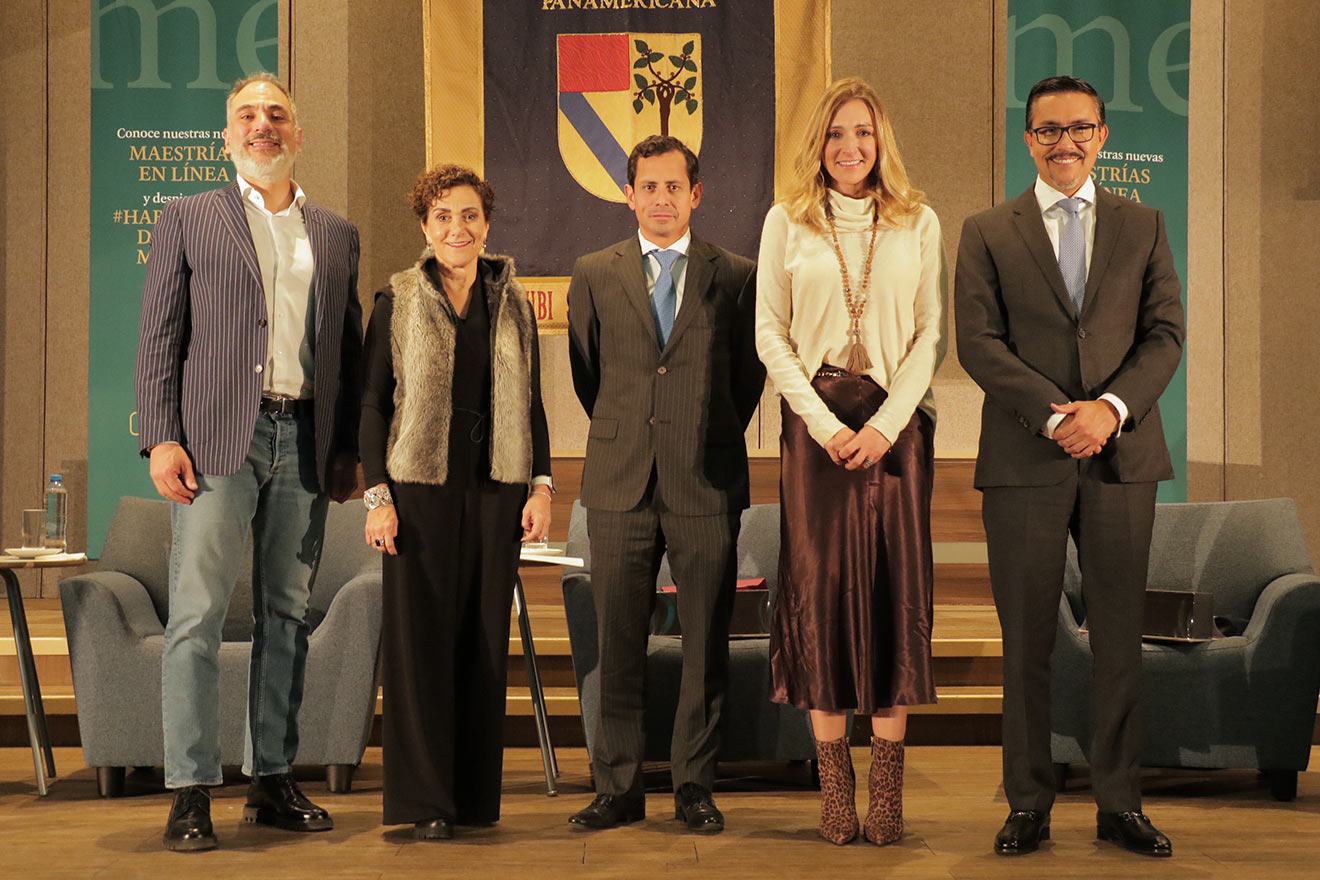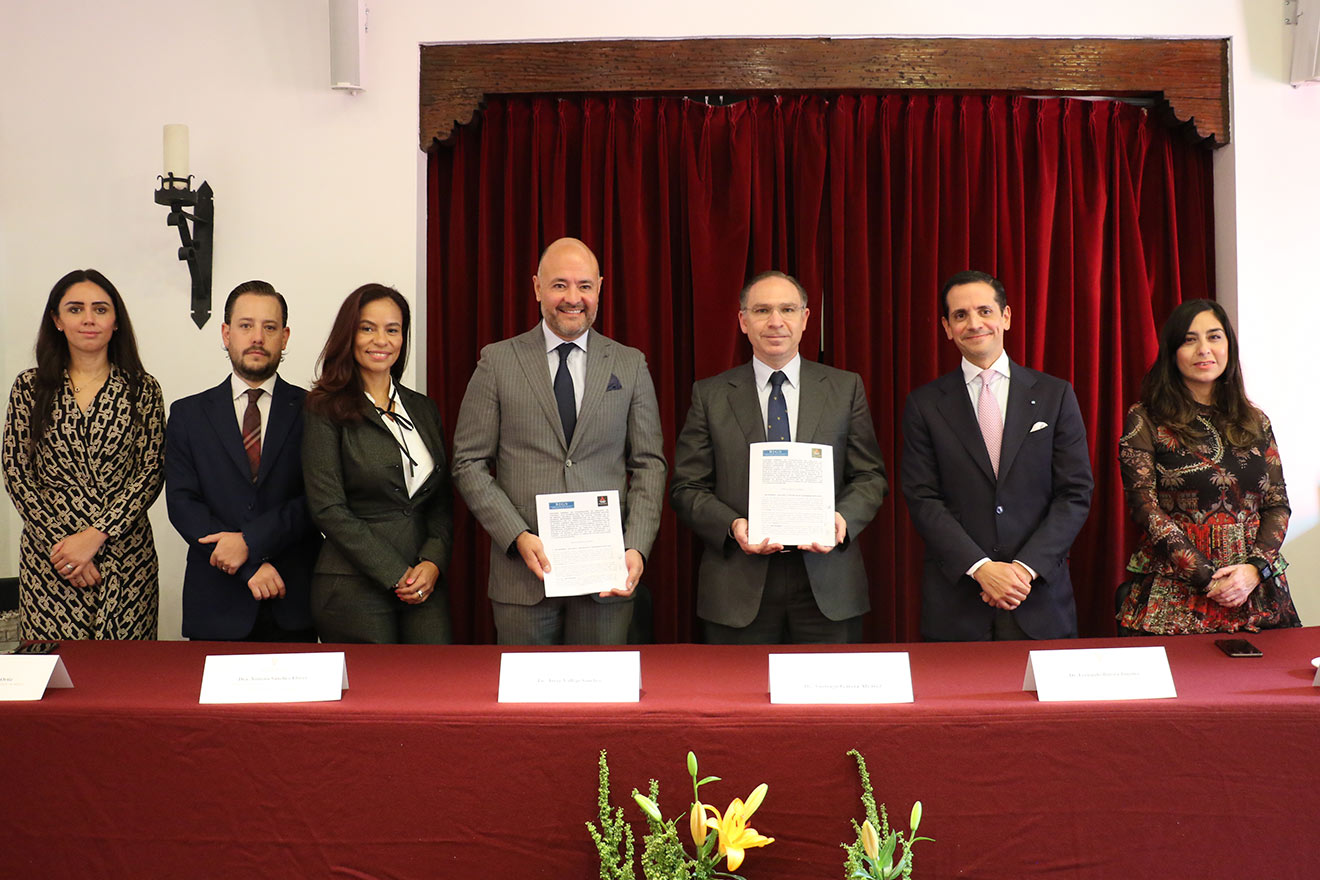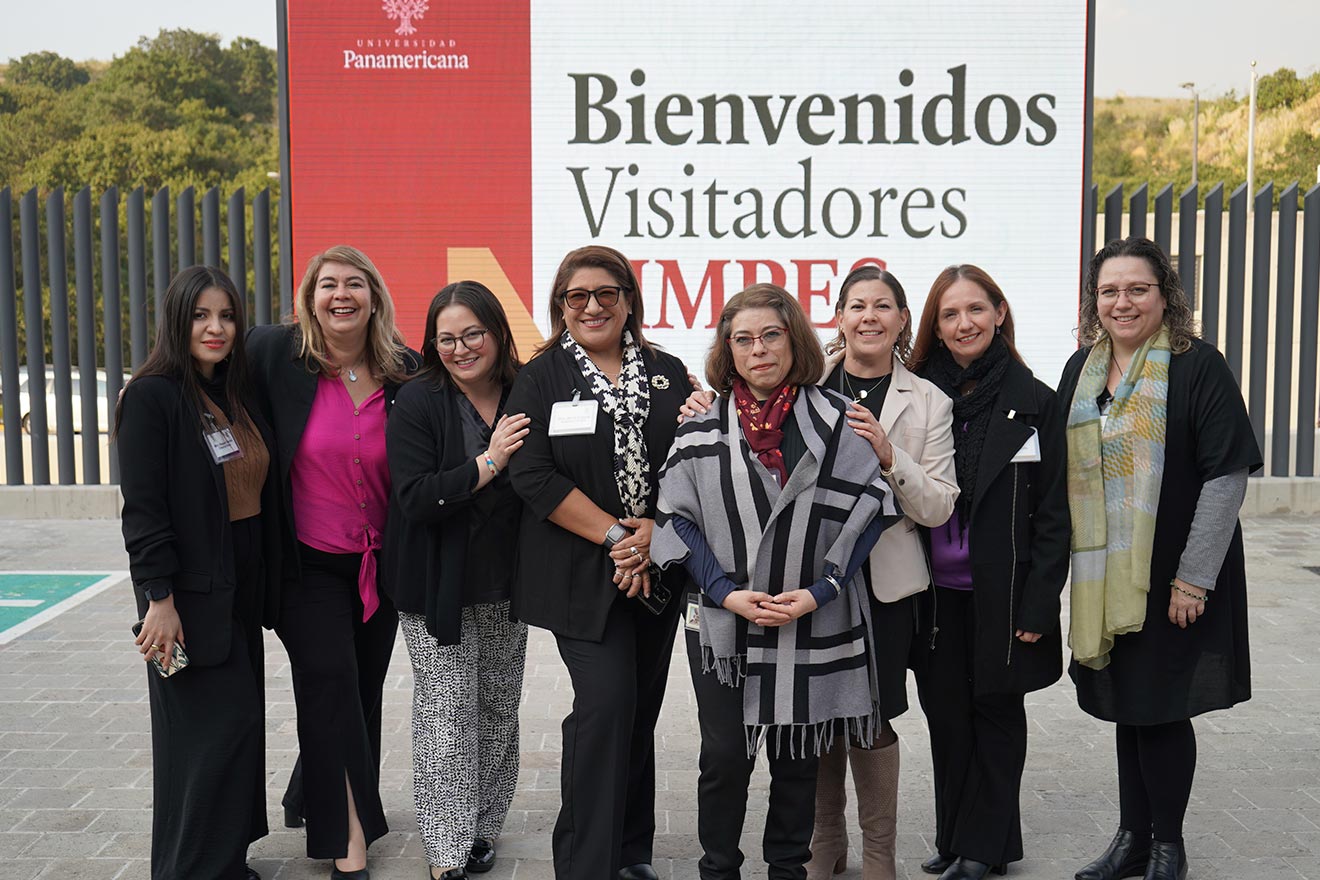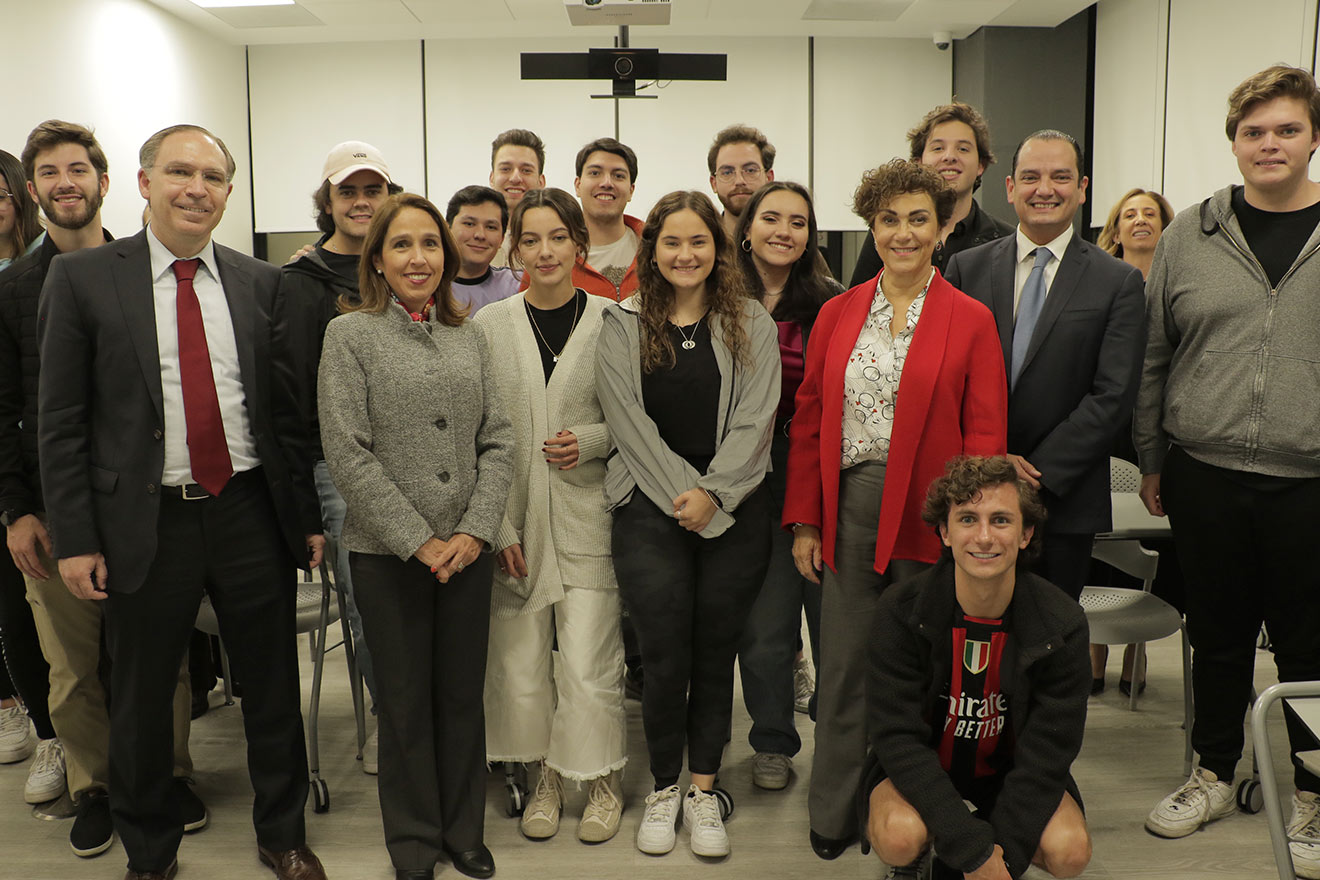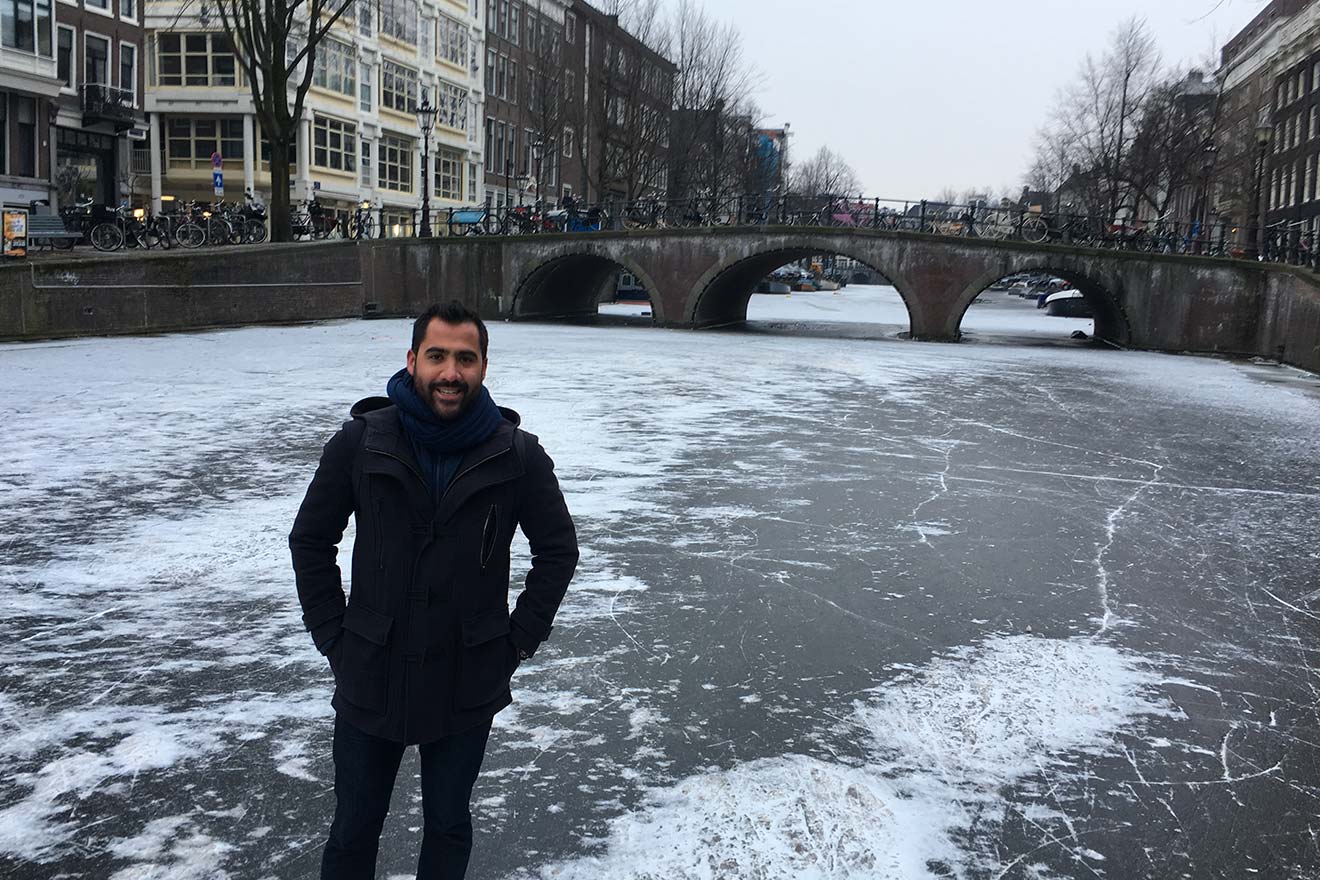Mexico City, January 16, 2023.- The new times require knowing how to dialogue, which is why Dr. Vicente De Haro Romo, director of the Humanities area of the Mexico City campus, talks about the importance of dialogue in the first season of Experts in Seriesa production of Institutional Communication and the MediaLab of the School of Communication, Mexico City campus.
The first issue corresponds to an excerpt of the documents generated by the Intercampus Identity and Values Committee of the Universidad Panamericana. These are some of the main points made by Dr. De Haro:
Culture of dialogue
In the words of Dr. Carlos Llano Cifuentes, philosopher and entrepreneur founder of our Panamericana, Dr. De Haro explains that: "Dialogue is the meeting of two ways of seeing reality in the same truth". He also indicates that this is an exercise that "seeks to collaboratively reach, together, the truth".
"A dialogue is not a discussion in which one imposes oneself on another and one wins as another loses," says the doctor, as he points out that, in a dialogue, unlike a discussion, everyone wins because our perspective grows.
Importance of dialogue in universities and society.
The use of polarization is a result for some political and social actors, but Dr. De Haro points out that it is a practice that generates contempt for other individuals or ways of thinking, which undermines dialogue.
To avoid falling into this trap, he suggests that it is important to relearn how to dialogue, "because in doing so we help each other to find the truth".
3. Obstacles that prevent us from dialoguing
"In order to learn to dialogue, we must be aware that not everything can be dialogued and not everything can be dialogued," says De Haro. Among the difficulties that prevent this action from being carried out, he points out that they include the fact that a person does not want to listen: "the willingness to actively listen is essential".
Censorship or lack of freedom of expression may be other factors that play against: "For there to be dialogue, one has to feel free," he says. However, he says that there must be respect and interest in the other's position, among other characteristics.
4. Challenges of dialogue
As Hans-George Gadamer pointed out, Dr. De Haro says that "we must avoid prejudice against prejudice". He states that our language, history, expectations, dreams and fears are prejudices, and it is from them that we think and dialogue.
"Prejudices are starting points and have to be seen as enablers and not just limiters of our dialogue and our search for truth," he says.
Another mistake, he reveals, is to believe that relativism is the same as tolerance because "relativism renounces the truth" and thus a dialogue becomes trivial and meaningless.
5. Time for dialogue
The doctor specifies that, in order to foster a culture of dialogue, we must explicitly state our willingness to dialogue within a framework of respect, seeking the truth, giving and asking for reasons.
"The truth is analogous. It has a unity factor and a lot of diversity," he says. He also says: "Dialogue always starts with what we share, not with what divides us. He adds that it is important to teach young people to express their ideas with firmness, kindness and sympathy.
Dialogue between different stakeholders
In addition, Vicente De Haro shares with us the importance of dialogue between different actors in our university community:
a) Students: "the educational and human importance of dialogue between fellow students is often underestimated. In the dialogue between students, not only are doubts clarified before the exam, but community is formed, the search for truth and personal encounter, the seed of friendship, take place in a particularly authentic, free and enriching way" .
b) Academics: "disciplinary and interdisciplinary dialogue among academics is the heart of every university . To paraphrase a philosopher, I would say that an academic who does not want to dialogue with his peers would be like a boxer who refuses to enter the ring".
c) Researchers: "I believe that in the work of research it is well known that without dialogue there is no approach to the truth. This is rich, multifaceted, complex, so approaching it is always a cooperative task. Correcting and overcoming errors is impossible without the help of others, the help of criticism, of the other perspective, the contrasting experience of otherness".
d) Collaborators: "Human collaboration is always dialogical. To work together is to look together in the same direction and this is given in dialogue. Authentic, kind, respectful dialogue, oriented to truth and goodness and the condition of possibility of friendship, is one of the ways in which the transcendence of human work is incarnated".



